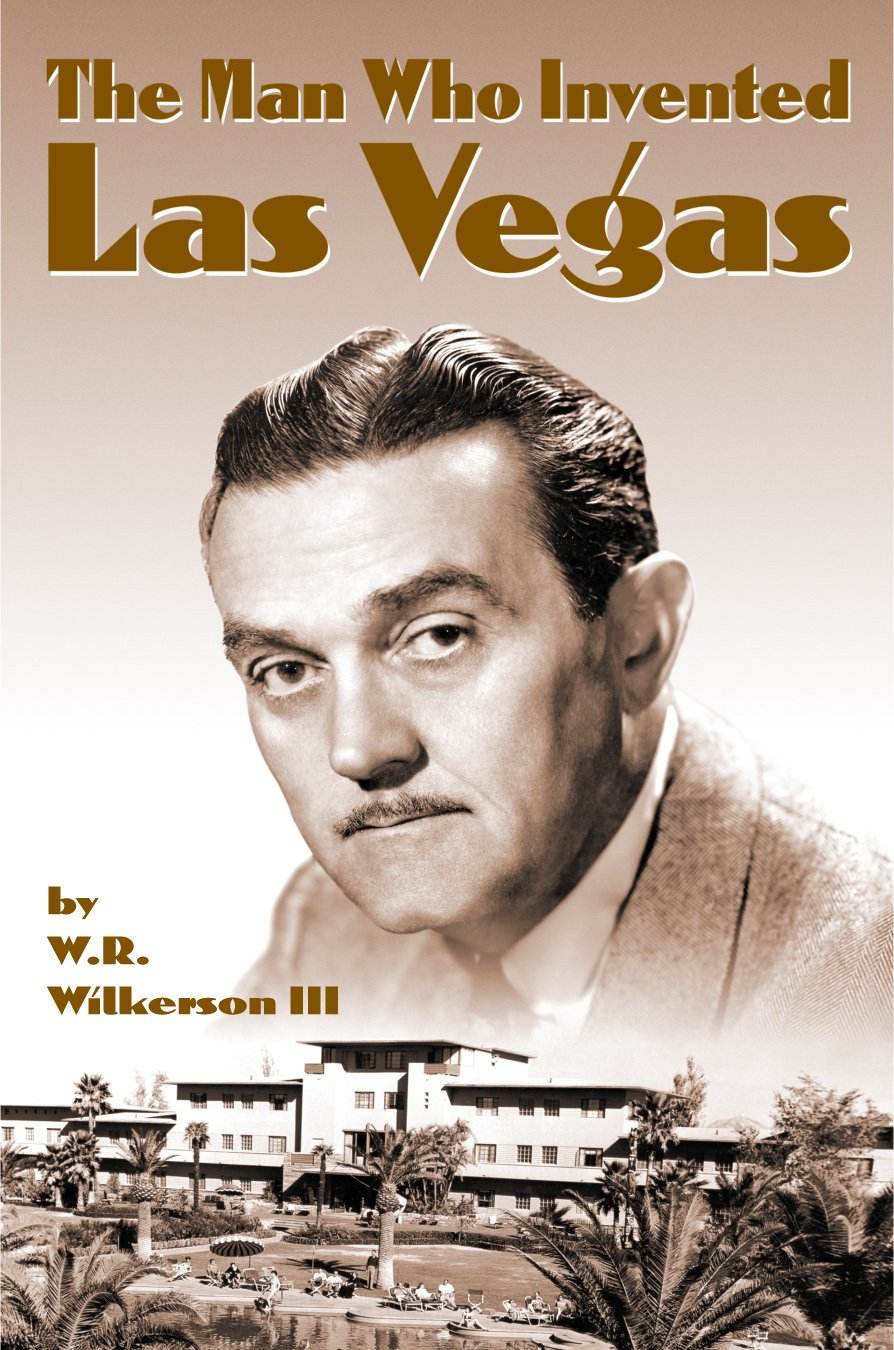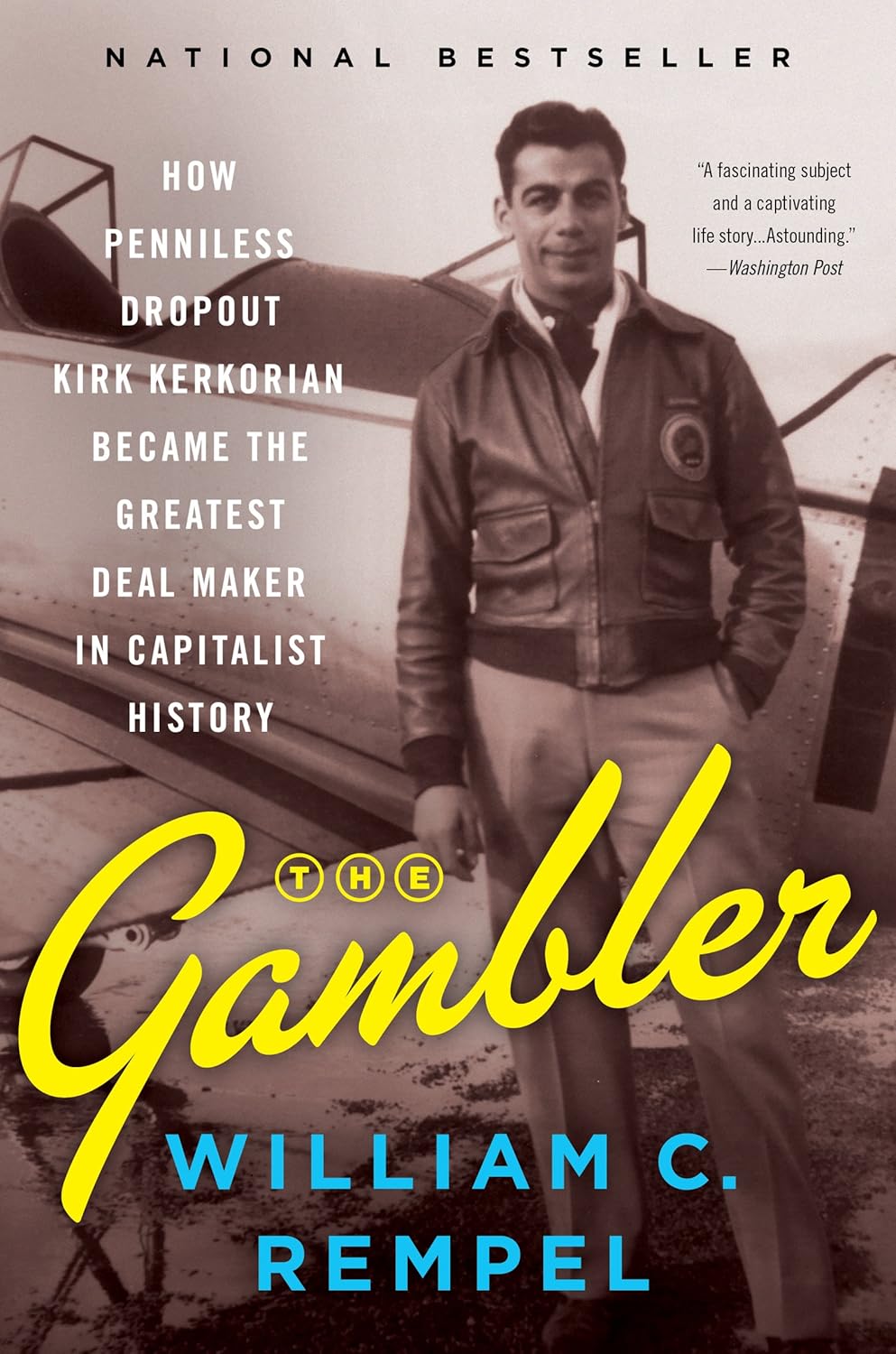Billy Wilkerson Part 1: Carrying on the Family Addiction
William Richard "Billy" Wilkerson founded The Hollywood Reporter and the Flamingo Hotel in Las Vegas. I learned about Billy when I read the biography of Kirk Kerkorian. Though I hadn’t heard of Billy, I had heard of The Hollywood Reporter. I did some quick research aiming to find out more about his publishing career and learned that he was a serial entrepreneur who also started several upscale restaurants and nightclubs. I was intrigued, so I bought a biography of him, The Man Who Invented Las Vegas, by his son, W.R. Wilkerson III.
Billy was born in 1890 in Tennessee. His father, William “Big Dick” Wilkerson, was an alcoholic and “obsessive” gambler by trade. He bet heavily and won and lost big. His mother was overbearing, which, combined with his father’s gambling, led to an unstable and unhappy childhood.
In 1916, Billy was in medical school when his father unexpectedly died. Billy was forced to find a job to support himself and his mother. A friend from medical school won a nickelodeon, and Billy agreed to manage it for a share of the profits. This was Billy’s gateway into the theatre business, and between 1918 and 1929 he had various jobs in the industry, including selling films to theatres. In 1929, when he was 39, he acquired a partnership in a trade paper focused on the film industry—but promptly lost control of the paper in a lousy bet.
Billy wanted to start the first trade publication for the motion picture business, so he moved to Hollywood in 1930. He started Wilkerson Daily Corporation, and the first Hollywood Reporter issue was issued that year. Billy was outspoken in his publication—simultaneously a champion and critic of the industry and its players. Studio bosses had all the power, and they didn’t appreciate his tone. For six years, Billy struggled and battled the studio heads. He got loans from friends, including Howard Hughes and Joseph Schenck, to stay afloat. By 1936, his publication was a hit. Everyone read it daily, including President Roosevelt, who had it airmailed to him. Billy’s large audience gave him as much power as the studio bosses who hated him had, if not more.
Around this time, Billy opened several cafes, nightclubs, and restaurants. The depression was underway, but Hollywood had plenty of cash, and Billy’s establishments were wildly successful. As Billy became more successful, he leaned more into gambling and began structuring his days so he could work and gamble—and he began using business funds to gamble, risking funds dedicated to payroll.
By the late 1930s, California outlawed gambling, and Billy had to figure out another way to gamble. Schenck asked him to manage a failing investment, the Arrowhead Springs Hotel in the mountains three hours outside Hollywood. In 1940, Billy agreed. He quickly turned the money-losing hotel into a profitable hot spot for Hollywood celebrities. Eventually, he started running backroom card games. This escalated to full-blown gambling, and the US Marshals raided the hotel and shut it down.
Four years later, Billy was having an awful year. By the end of 1944, he’d gambled away over $1 million. He realized he had an out-of-control problem and sought help, but none existed then.
As he thought about how to address his problem, an idea from Schenck, also a prolific gambler, stuck with Billy: “Be on the other side of the table if you are going to suffer those kinds of losses. . . . Build a casino. Own the house.” Billy reflected on the Arrowhead Springs experience and wondered: what if he could create a legal place to gamble and not owe other people money? This idea would be the catalyst that changed Billy’s life.
Prefer listening? Catch audio versions of these blog posts, with more context added, on Apple Podcasts here or Spotify here!





